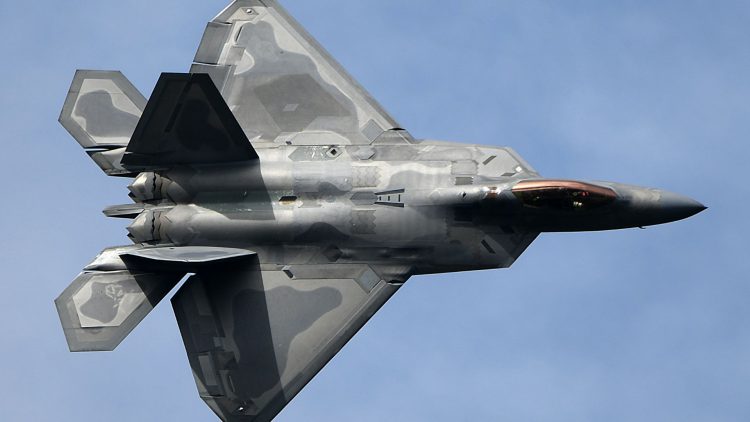China’s recent military drills near Taiwan, along with these sanctions, are part of a broader strategy to assert dominance in the region.
From Beijing’s perspective, these measures are about safeguarding “national sovereignty, security, and development interests.”
For the US, though, they’re another sign of China’s growing willingness to challenge American influence on the global stage.
The US Strikes Back: Drone Regulations in the Works
Meanwhile, the US is cooking up its own set of countermeasures. The Commerce Department is considering new rules that could restrict or outright ban Chinese drones, citing national security concerns.
And let’s face it, the drone market is another battleground in this high-stakes geopolitical chess match.
Chinese companies like DJI dominate the US commercial drone market, but their success has raised eyebrows in Washington.
Lawmakers have long voiced concerns about data security and surveillance risks associated with these drones, which DJI vehemently denies.
Recent US legislation even threatens to ban DJI and Autel Robotics from selling new models unless a national security assessment is completed within a year.

The proposed rules also highlight broader concerns about supply chain vulnerabilities.
The fear is that drones equipped with Chinese or Russian components could be manipulated to expose sensitive US data or even serve as tools for espionage.
Public comments are being sought until March 4, 2025, and you can bet this will remain a hot topic in the months to come.
A Growing Divide
So, what does this all mean? On one level, it’s a reminder of the growing divide between the US and China.
Both nations are doubling down on economic and security measures that reflect their broader strategic goals.
For Beijing, it’s about reinforcing its stance on Taiwan and showing it won’t back down from perceived provocations. For Washington, it’s about protecting its interests, from military alliances to data security.
On another level, these moves signal a shift in how global trade and technology are being weaponized.
The world is watching as these two superpowers redefine the rules of engagement—not just in politics but in business, innovation, and security. And as the stakes get higher, companies caught in the crossfire are left scrambling to adapt.
Looking Ahead on the US-China Trade Saga
The sanctions and proposed regulations are just the latest developments in a long and complex relationship between the US and China. They won’t be the last. Whether it’s over Taiwan, drones, or something else entirely, the tension isn’t going away anytime soon.
For now, the question isn’t just how these measures will affect US-China relations but how they’ll reshape the global landscape. From defense firms to drone manufacturers, the ripple effects are already being felt.










COMMENTS